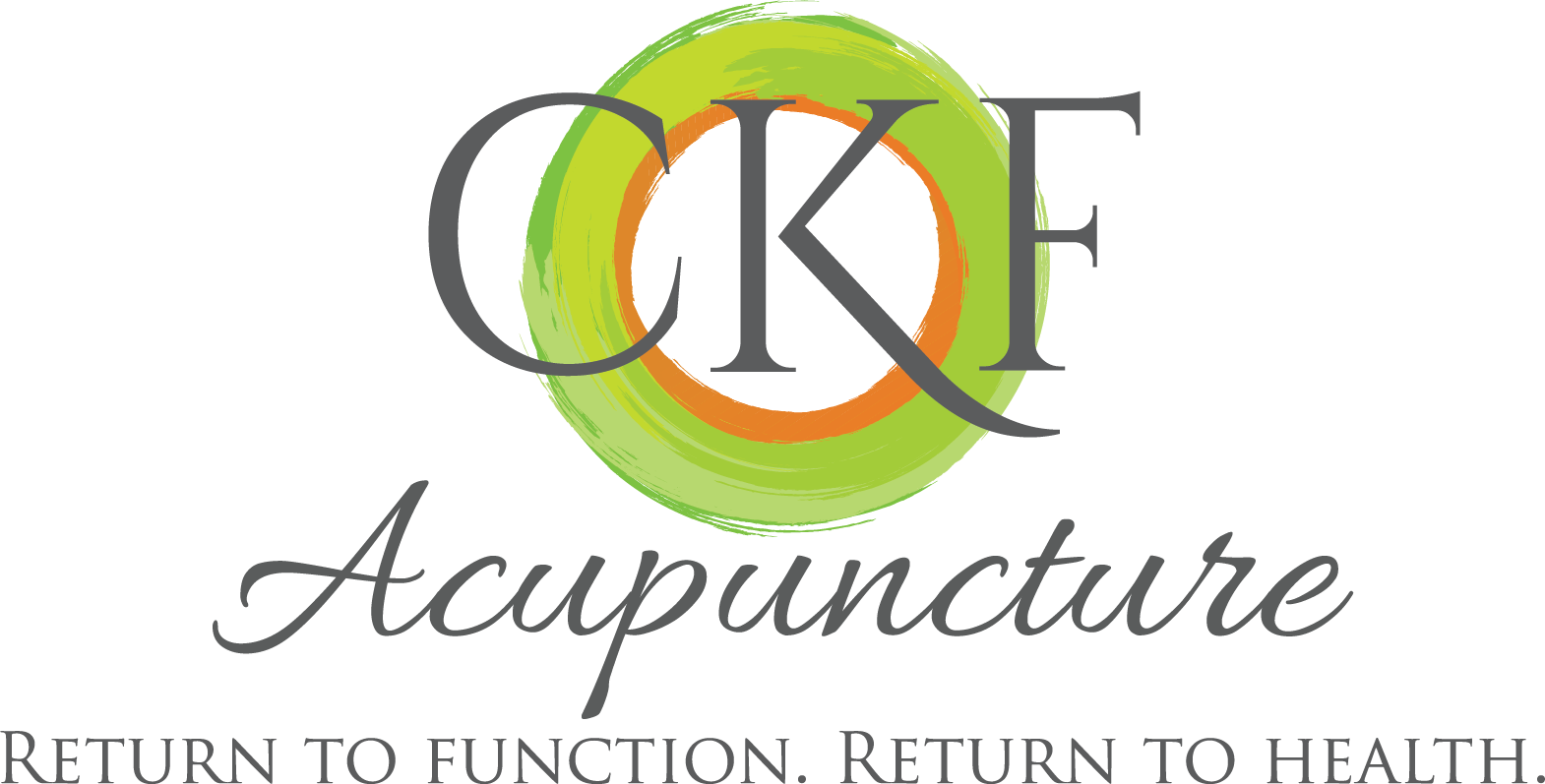
Seasonal Affective Disorder, also known as SAD, is a form of depression that affects people all throughout the world. Most commonly experienced during fall and winter months, the symptoms of SAD include depression, hypersomnia, lethargy, difficulty concentrating, negative thoughts and decreased social interaction. Higher levels of anxiety are experienced at the end of the summer season as those who suffer from this ailment start to anticipate the coming months of less sunshine and increased symptomatology.
Studies suggest many people who suffer from SAD may also be afflicted with other forms of mental imbalance such as addiction, personality disorders or anxiety. This makes Traditional Chinese Medicine and acupuncture great choices for treatment of this condition.
Traditional Chinese Medicine (TCM) is very effective in treating depression, including Seasonal Affective Disorder. Modern medicine usually treats depression with antidepressants and psychotherapy regardless of the presenting symptoms. In contrast, TCM diagnoses each patient on an individual basis and treats the specific symptoms, while also addressing the root of the illness. TCM incorporates multiple modalities such as acupuncture, Chinese herbs, tuina massage, cupping and exercises like qi gong to help restore balance to the body. Traditional Chinese medicine also treats the person holistically instead of treating mind and body separately.
Acupuncture is one of the tools used in TCM. Acupuncture needles move energy throughout the body and releases endorphins. By doing so, it improves the flow of energy throughout the body, while eliminating blockages and bringing balance to the mind and body. Endorphins counter the symptoms of depression and allow the person to resume a normal life.
Physical activity is also important to combat SAD. One of the best forms of physical activity is tai chi. Tai chi is an ancient Chinese tradition practiced today as a graceful, fluid low-impact form of exercise. Tai chi involves a series of movements performed in a slow, focused manner accompanied by deep breathing. This form of martial art is practiced all over the world and can be performed by anybody, at any age and in almost any physical condition. Many studies show physical activity like tai chi can improve mood and sleep quality, while also improving immune system function. All of these things are important to address when feeling the grasp of SAD.
Nutrition is another vitally-important aspect of Traditional Chinese Medicine. During the fall and winter months, when the weather tends to be cooler and the hours of darkness are more abundant, it is recommended to eat less fruit and increase the intake of warming foods like soups and grains. Many studies show depression and SAD can be attributed to nutritional deficiencies, like fatty acids and vitamin D. So during the fall and winter, these nutrients need to be increased to combat the feelings of depression and sadness. Fatty acids can be found in fish and nuts. Vitamin D is also found in fatty fish like tuna and some dairy products.
If you or somebody you know suffers from Seasonal Affective Disorder or depression and are looking for a natural way of dealing with it, contact me to find out more information on how acupuncture can help.




